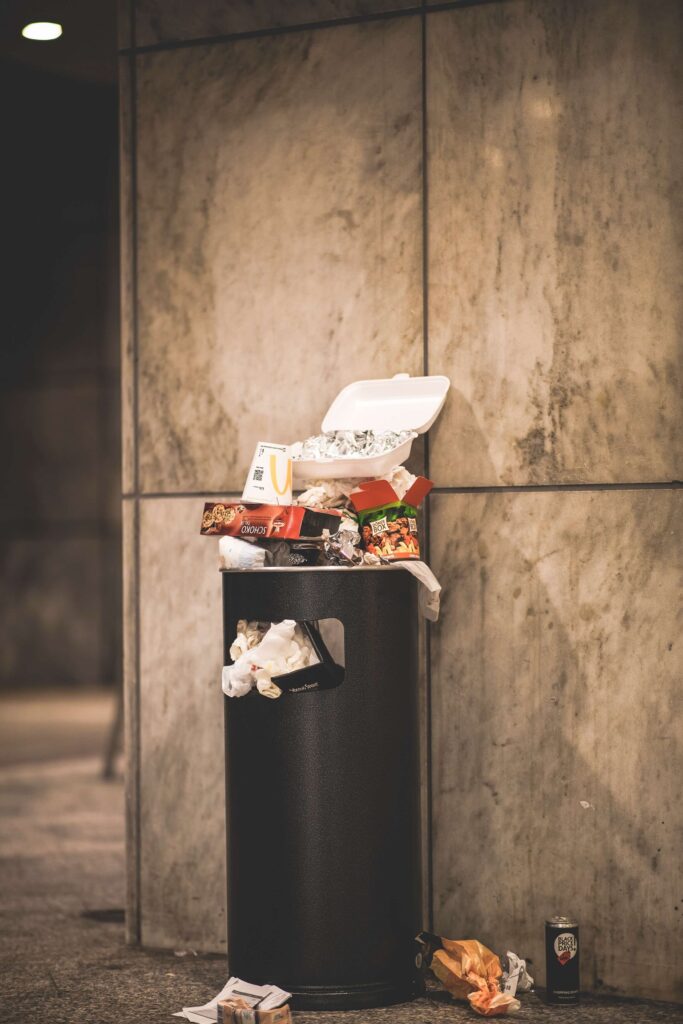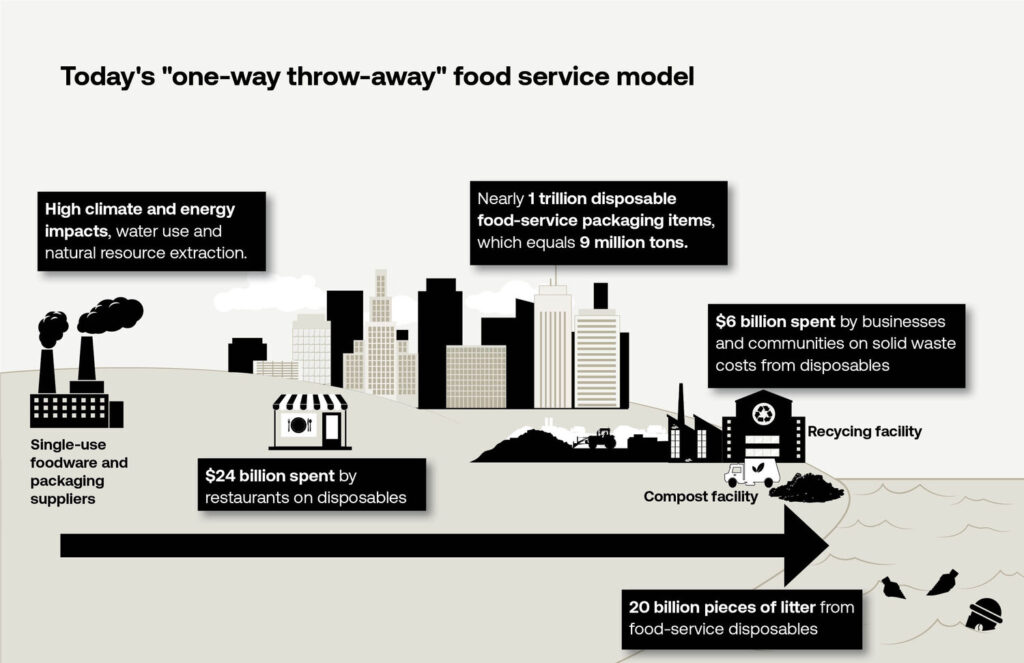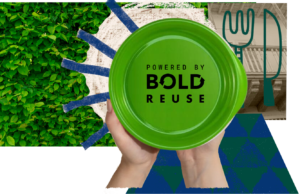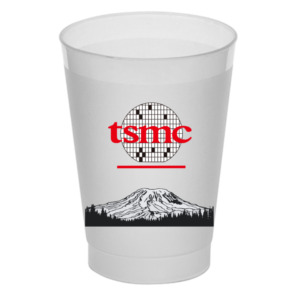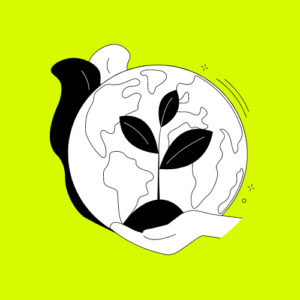Current solutions to our waste crisis are not as effective as we're led to believe. Reuse offers a better way forward.
A startling 1 trillion single-use food service products get disposed of in the US each year. And that doesn’t include other significant sources of single-use packaging waste. Current packaging solutions increase carbon emissions and create waste streams that are polluting our homes, streets, and oceans.
You might be thinking, well ‘what about recycling?’ Or eco-products?’. The truth is that the vast majority of products that go into recycling bins end up landfilled or incinerated. Last month, Greenpeace released a report with key insights into how recycling rates for plastic are declining. According to the report, it declined by approximately 5-6% in 2021. And more than that, the process of recycling consumes energy and resources.
Similar to recycling, compostable and biodegradable packaging are not ideal solutions to our waste problem. Recent studies show that such packaging doesn’t actually work and can be as harmful, if not worse, than single-use plastic.
The issue with waste doesn't start after something's thrown away - it starts the moment it's created. Reuse aims to get to the core of the problem by cutting waste in the first place. Versus short-term solutions aimed to fix waste after it's created.
With reuse systems, organizations can conserve resources and prevent further environmental degradation. Reusable packaging systems offer a straightforward solution to replace single-use packaging with reusables. This allows for packaging to be reused rather than discarded after one use.
In comparison to recycling and compostable packaging, reusable packaging proves to be the most sustainable option. Reuse beats single-use across the board in relation to water, land, energy use, carbon emissions, and more. It also has greater economic and social potential, from cutting down on packaging costs to delighting customers who increasingly care about sustainability.
Reusables are better for the environment, and for business.
-
Reduce Costs. The transition to reusable foodware has a positive ROI. While initial costs are higher, reusables break even and can save businesses a significant amount of money over the long term. Reuse turns packaging into an asset instead of an expense. This keeps the economic benefit within your community instead of the landfill.
- Increase Lifetime Value, Revenue, and Brand Loyalty. Consumers want to support sustainable brands. Up to 44% of consumers spend money more frequently with circular businesses. Deposit-return models encourage repeat customer behavior because customers want to redeem their deposits.
- Elevate Brand Equity. Custom-branded reusable packaging helps elevate brand awareness and look. With reuse systems organizations position themselves ahead of the competition.
- Sponsorship Opportunities. Sponsorships are a great way to partner with other brands to offset or even make revenue off of a reuse program. Instead of your packaging being a cost center, it can be a revenue generator.
-
Environmental Benefits. No matter how you slice it, reusable packaging is the most environmentally-sustainable option. Reuse helps businesses to prevent and reduce carbon emissions, save resources, and eliminate waste.
Ready to take action?
We have the potential to take trillions of excess waste out of the system, but to do so, reuse needs to be rooted in businesses, education, and policy.
Here at Bold Reuse, we can provide the expertise, technology, and services to help you start your journey to a more sustainable future. Contact us today.
To learn more about the New Reuse Economy, download our free guide here.

